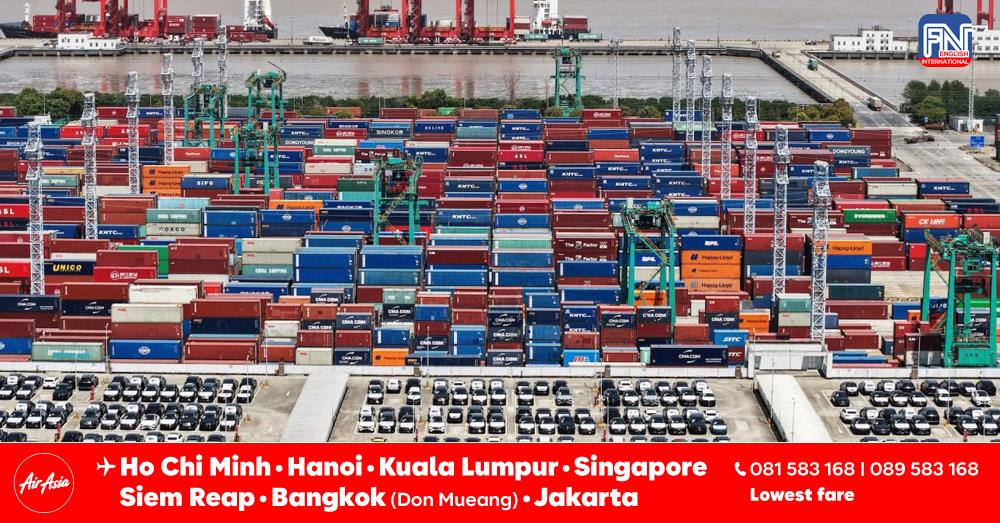WASHINGTON, Jun. 10 (Reuters) - The World Bank on Tuesday slashed its global growth forecast for 2025 by four-tenths of a percentage point to 2.3%, saying that higher tariffs and heightened uncertainty posed a "significant headwind" for nearly all economies.
In its twice-yearly Global Economic Prospects report, the global lender lowered its forecasts for nearly 70% of all economies - including the U.S., China and Europe, as well as six emerging market regions - from the levels it projected six months ago before U.S. President Donald Trump took office.
Trump has upended global trade with a series of on-again, off-again tariff hikes that have increased the effective U.S. tariff rate from below 3% to the mid-teens - its highest level in almost a century - and triggered retaliation by China and other countries.
The World Bank is the latest body to cut its growth forecast as a result of Trump's erratic trade policies, although U.S. officials insist the negative consequences will be offset by a surge in investment and still-to-be approved tax cuts.
It stopped short of forecasting a recession, but said global economic growth this year would be the weakest outside of a recession since 2008. By 2027, global gross domestic product growth was expected to average just 2.5%, the slowest pace of any decade since the 1960s.
The report forecast that global trade would grow by 1.8% in 2025, down from 3.4% in 2024 and roughly a third of its 5.9% level in the 2000s. The forecast is based on tariffs in effect as of late May, including a 10% U.S. tariff on imports from most countries. It excludes increases that were announced by Trump in April and then postponed until July 9 to allow for negotiations.
The World Bank said global inflation was expected to reach 2.9% in 2025, remaining above pre-COVID-19 levels, given tariff increases and tight labor markets.
"Risks to the global outlook remain tilted decidedly to the downside," it wrote. The lender said its models showed that a further increase of 10 percentage points in average U.S. tariffs, on top of the 10% rate already implemented, and proportional retaliation by other countries, could shave another half of a percentage point off the outlook for 2025.
Such an escalation in trade barriers would result "in global trade seizing up in the second half of this year ... accompanied by a widespread collapse in confidence, surging uncertainty and turmoil in financial markets," the report said.
Nonetheless, it said the risk of a global recession was less than 10%.

Photo from Reuters




